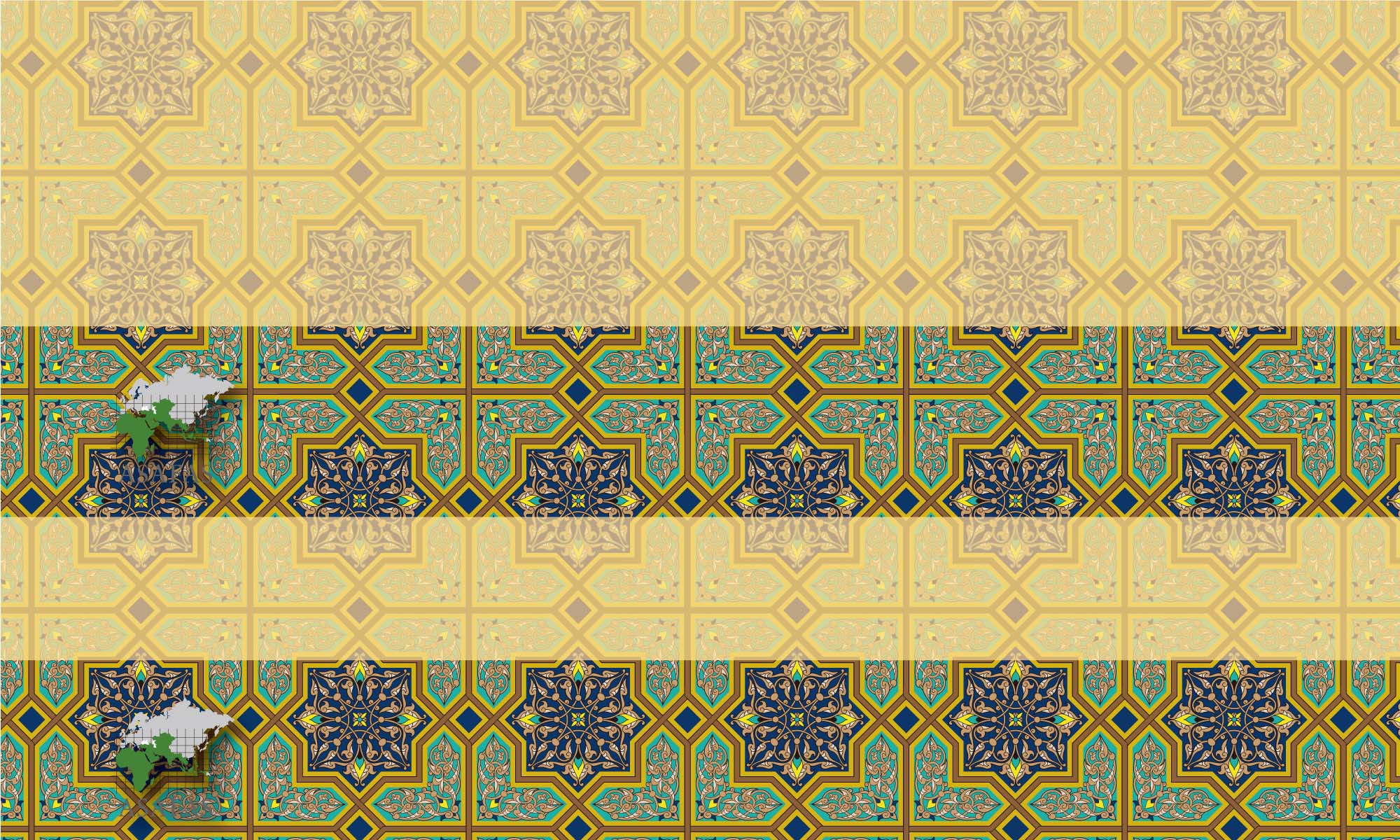The 2nd Research Meeting (2024) of “Research on Moderate Islam in the Non-Arab World: From the Cases of Indonesia, Pakistan and Turkey (22H00034, JSPS)” (“Moderate Islam”)
Date: August 8th Thursday, 2024, 13:00-17:00
Venue: Meeting Room [AA447], 4th floor, Research Bldg. No. 2, Yoshida Campus, Kyoto University
Report:
KAMADA Shigeru (University of Tokyo) “The Qur’ān and Thoughts of Moderation”
Thoughts and practices in Islam seek their final sanction in the text of the Qur’ān, the words of God. It is inevitable for different Muslim groups to peruse its text in order to find support for their positions. In the present day Muslim groups we find various types of Islam from a moderate type to an extreme one. The recent commentaries of the Qur’ān may reflect not only composers’ religious standpoints but also social, political, and cultural circumstances that create their works. To study modern commentaries of the Qur’ān in contrast to classical ones would open our eyes to understanding modern Islam, in which a moderate type of Islam has a wider role.
KURODA Ayaka”The Politics of Moderate Islam (al-wasaṭiyya) in the Arab World”
This report examines the origins and use of the term “moderate Islam (al-wasaṭiyya)” in contemporary Arab-Islamic thought. According to previous research, the term was first used by Azharite scholars in the mid-20th century, while its meaning and context have changed over time. In the period of Islamic revival since the 1970s, Yusuf al-Qaradawi popularized the term, which had a serious impact on the discourse of Islamist movements. In addition, in the case of Egypt, some modernist intellectuals who seek to reconcile modernity and Islam, without necessarily joining Islamist organizations, were seen as applying the methodology of al-wasaṭiyya. The presentation also discussed the changing relationship between the actors calling for al-wasaṭiyya from the 2010s to the 2020s.
























